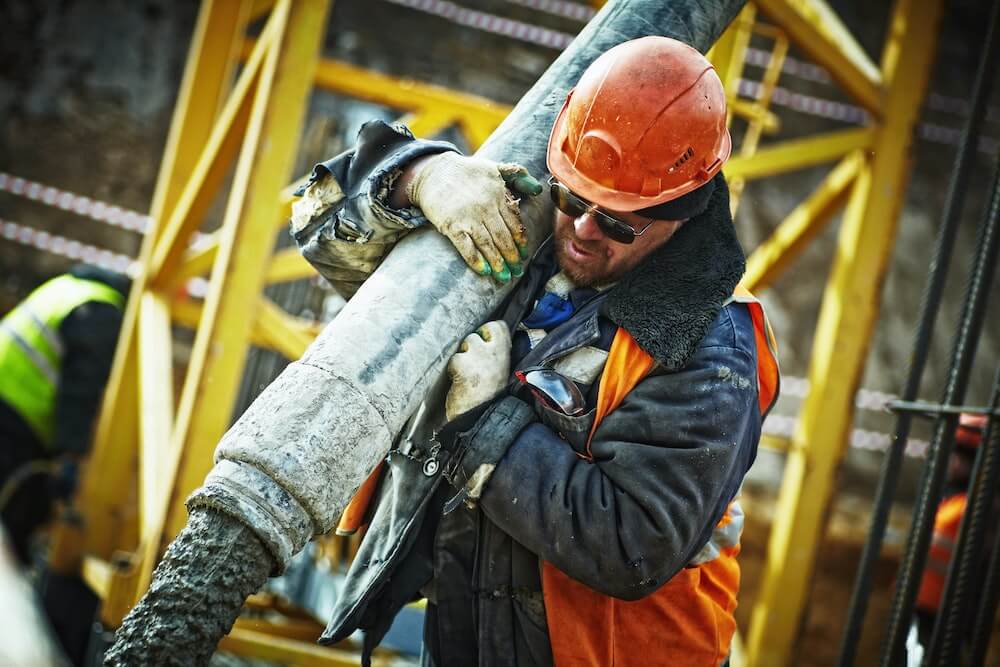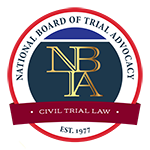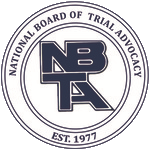
Lexington workers deserve to feel safe every time they clock in at work. The sad reality is that many people are seriously and even fatally injured while simply trying to do their jobs. In 2020 alone, the U.S. Bureau of Labor Statistics recorded 4,764 worker fatalities. That works out to about 13 deaths per day.
While anyone working at any job could be involved in a deadly work accident, some industries pose a higher threat than others.
Workers With the Highest Fatality Rates
According to the Bureau of Labor Statistics (BLS), the industries with the highest fatality rates tend to be ones that require workers to be outdoors for significant periods of time. These industries also typically involve lots of physical labor, heavy machinery, or the use of dangerous tools.
It is important to note that there is more than one way of looking at an industry’s worker fatality rate. You can examine the total number of worker deaths, which gives a quick overview of how many workers died in a given industry. You can also consider the number of deaths for every 100,000 full-time workers. This approach puts the number of worker deaths into context.
Transportation Workers
The transportation industry has the highest overall number of worker fatalities. In 2020, transportation incidents caused 1,778 worker fatalities, or about 37% of all work-related deaths.
Jobs in the transportation industry include:
- Big truck driver
- Delivery driver
- Forklift operator
- Package handler
- Warehouse distributor
- Bus driver
- Subway operator
- Streetcar operator
Part of what makes this industry so dangerous is the amount of time many workers spend behind the wheel. Kentucky employers often require delivery and long-haul drivers to stick to strict schedules, with little room for error. This kind of pressure can lead to dangerous behaviors, such as speeding or drowsy driving. The Centers for Disease Control and Prevention (CDC) even found that 35% of truck drivers have been involved in one or more crashes during their careers.
Construction
In 2019, 1,066 construction workers died because of work-related accidents or injuries. This makes the industry the second-highest in number of overall deaths. When looking at the most dangerous industries based on full-time workers, construction comes in at number five, with 40 deaths per 100,000 employees.
Falls are perhaps the biggest threat to construction worker safety. In 2019, fall protection violations were the most common safety violation cited by the Occupational Safety and Health Administration (OSHA). Scaffolding requirements were the fourth most commonly cited, with construction ladder violations also making the top ten list.
In addition to frequently working at significant heights, construction workers also regularly work with or near big machinery, electrical wiring, flammable materials, and other hazardous materials.
Fishing and Hunting
When strictly looking at deaths per 100,000 workers, there is no industry quite as dangerous as the fishing and hunting industry. On average, 132 out of every 100,000 full-time fishing or hunting workers die every year.
Jobs in this industry vary broadly, and therefore the risks that workers face vary depending on their positions. Just a few examples of jobs under the umbrella of the fishing and hunting industry include:
- Fishing boat captain
- Fisherman
- Fishing charter operator
- Outfitter
- Hunting guide
- Gunsmith
- Outdoor videographer
- Outdoor writer
- Land manager
These jobs typically take place primarily outdoors, where workers are vulnerable to things like heat, cold, snow, and unexpected weather. Dangerous wild animals and gun mishaps are also threats to workers in the fishing and hunting industry.
Logging
After fishing and hunting, the logging industry has the next highest rate of worker fatalities, with 91 for every 100,000 full-time workers. Despite making up only 0.5% of the U.S. work force, logging workers make up 2% of all workplace deaths.
Logging workers often work in remote areas, where getting help in the event of a medical emergency can take time. Cell phone communication can also be poor on some job sites, making it difficult (if not sometimes impossible) to call for help in a timely manner.
Some of the biggest threats to logging worker safety are:
- Falling trees
- Unexpected log movements
- Heavy equipment and machinery
Types of Fatal Work Injuries
While every industry is different, there is a pattern to the most common types of fatal work injuries. In descending order, these are the six most common causes of fatal work injuries according to the BLS:
- Transportation accidents
- Slips, trips, and falls
- Acts of violence
- Contact with equipment or objects
- Exposure to hazardous environments or substances
- Explosions and fires
When a workplace accident occurs, those who are able should call 911 immediately. Getting emergency medical help can help limit the severity of any injuries and, in some situations, may even help prevent loss of life.
Most workplaces have requirements for reporting workplace accidents, injuries, and fatalities as well. It is important to follow these reporting requirements, although it should never be at the detriment of getting help for an injury victim.
Life After Losing a Loved One
While a worker’s death might be a hassle for employers, it is a devastating loss for families. The unexpected loss of a loved one can have long-term emotional and financial consequences for Lexington families.
As someone who has lost a loved one due to a workplace fatality, you already know how dire the situation can be. Maybe you haven’t even been able to grieve properly as you struggle to replace their lost income or cover their funeral expenses. While there is nothing that can undo the harm your family has suffered, you do have options to address related financial damages.
In Kentucky, the workers’ compensation system provides temporary death benefits to families whose loved ones have suffered work-related fatalities. Securing that compensation can be an uphill battle, though. Many workers’ comp applications are initially denied, requiring an appeal.
If you are ready to move forward in your healing process, reach out to us at Golden Law Office. Our compassionate workers’ compensation attorneys can help guide you through your options during your free consultation.






